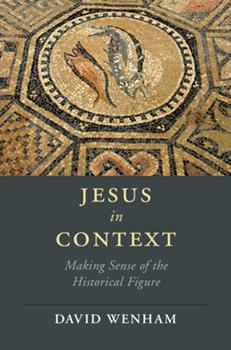6/16/1974— Father’s Day Today is Father’s Day. Have we fulfilled our duty to God, in our homes, to our neighbors as fathers? It seems today there are sinister forces, the Devil and his imps, that have attached themselves to our society and are trying to destroy our homes and family life. We need to go back to God’s Word and learn once again how to build and run a successful home. We need to pick up the Bible and discover... Read more










